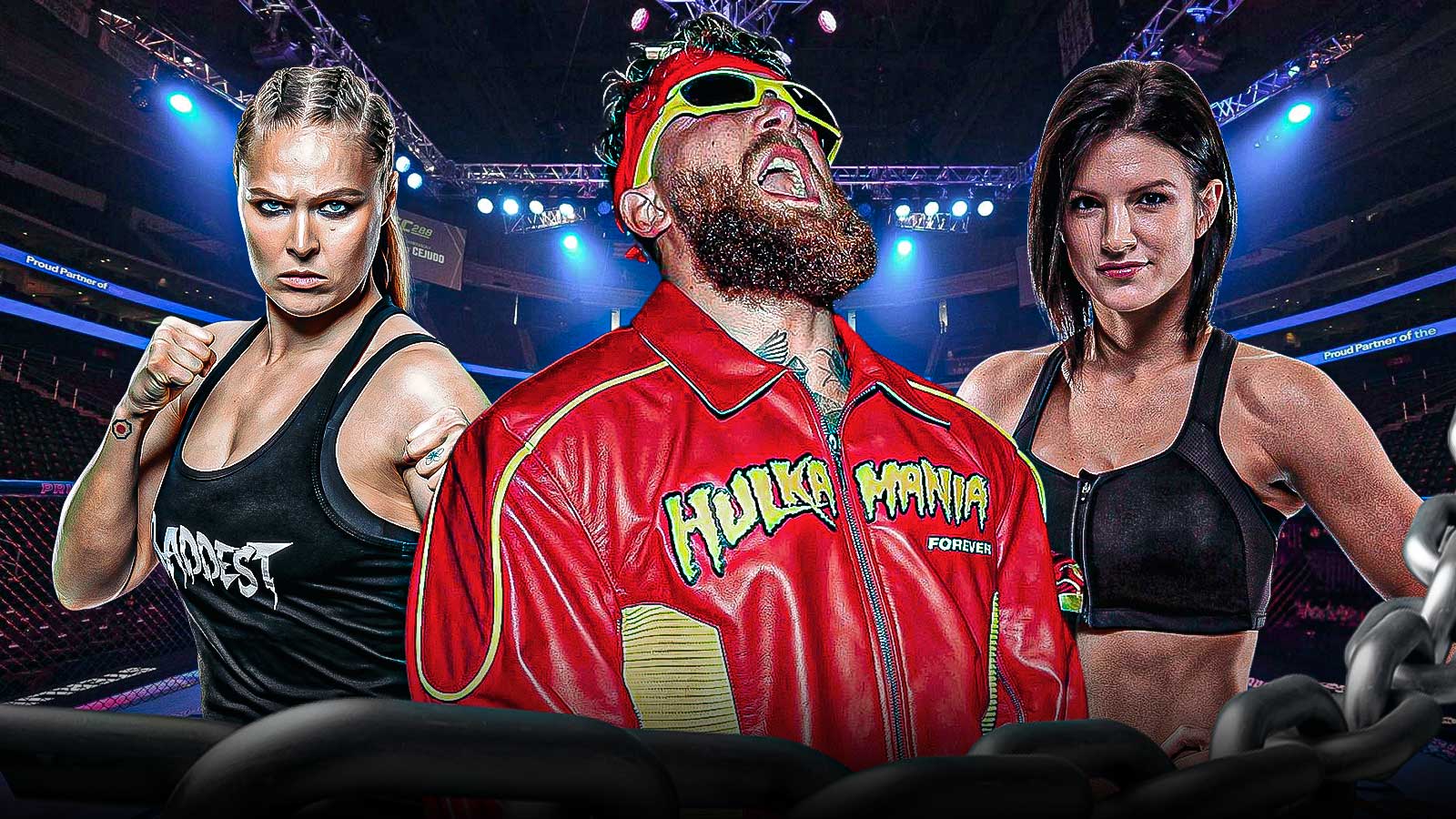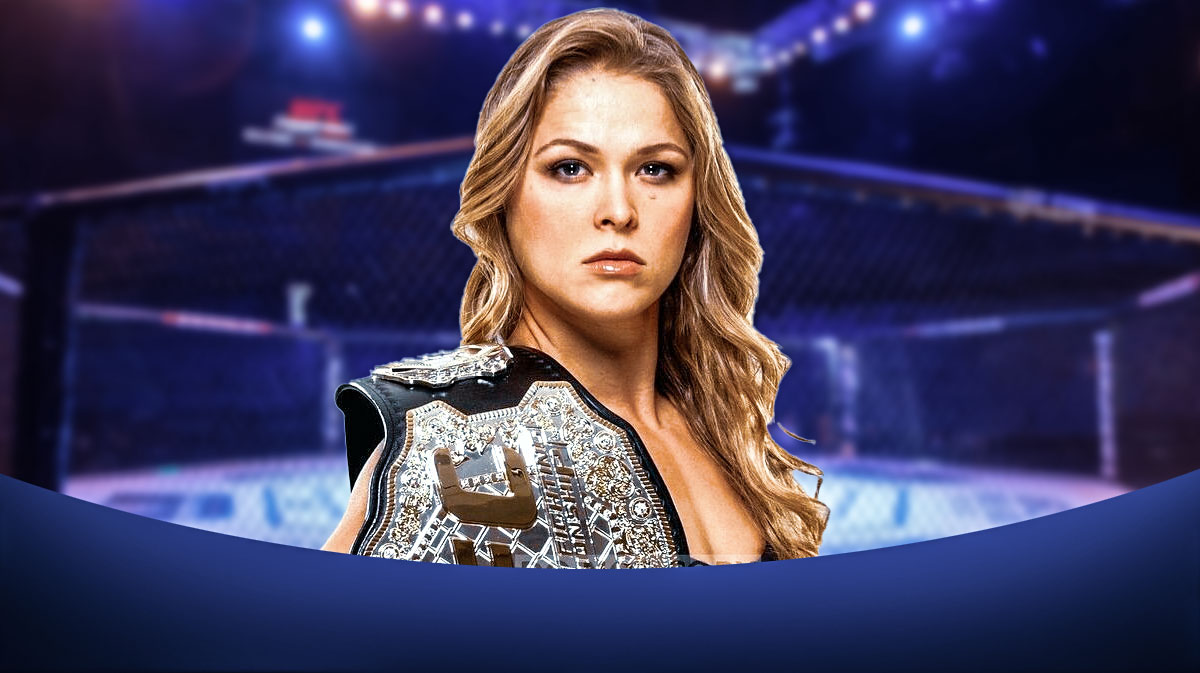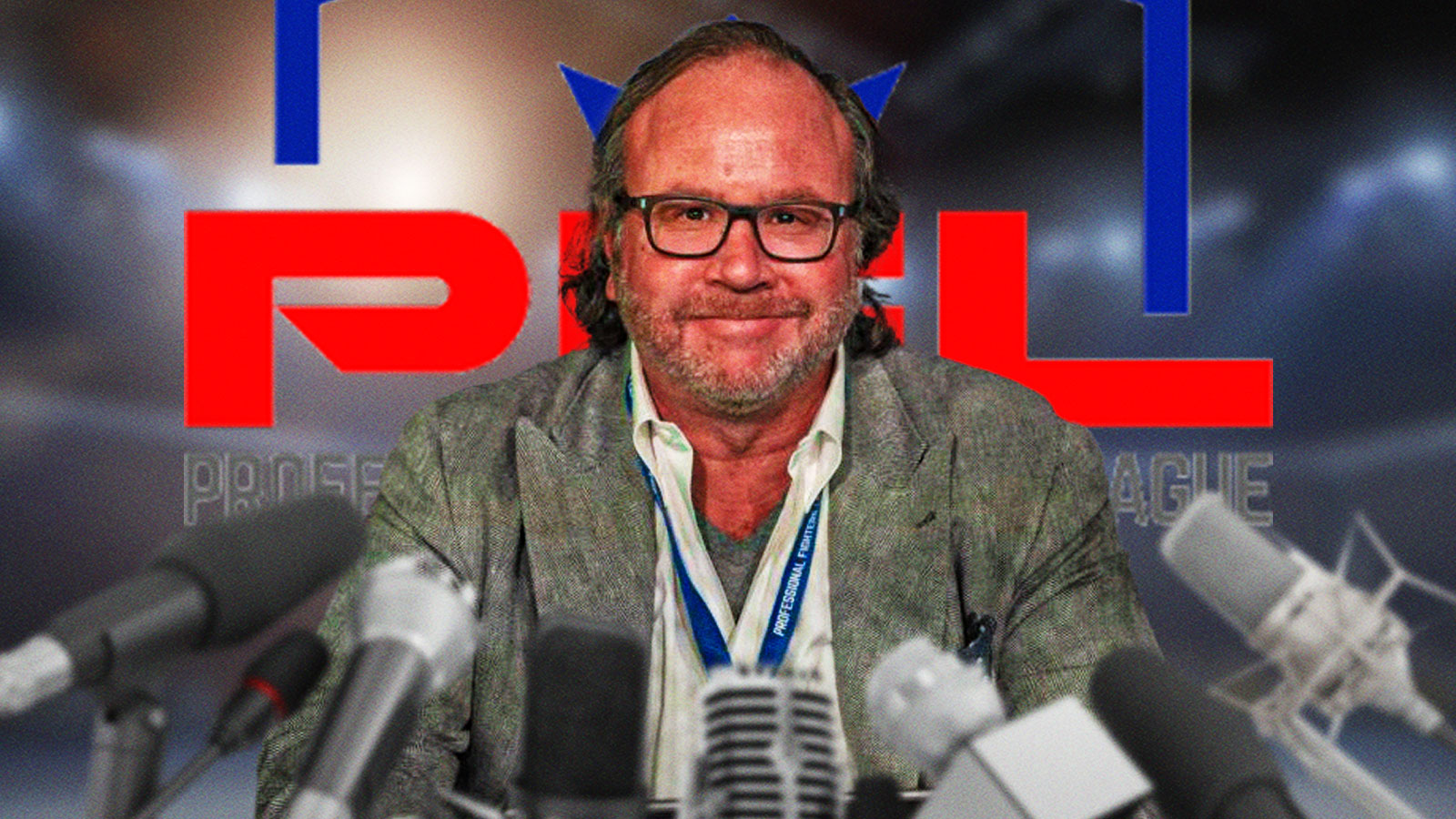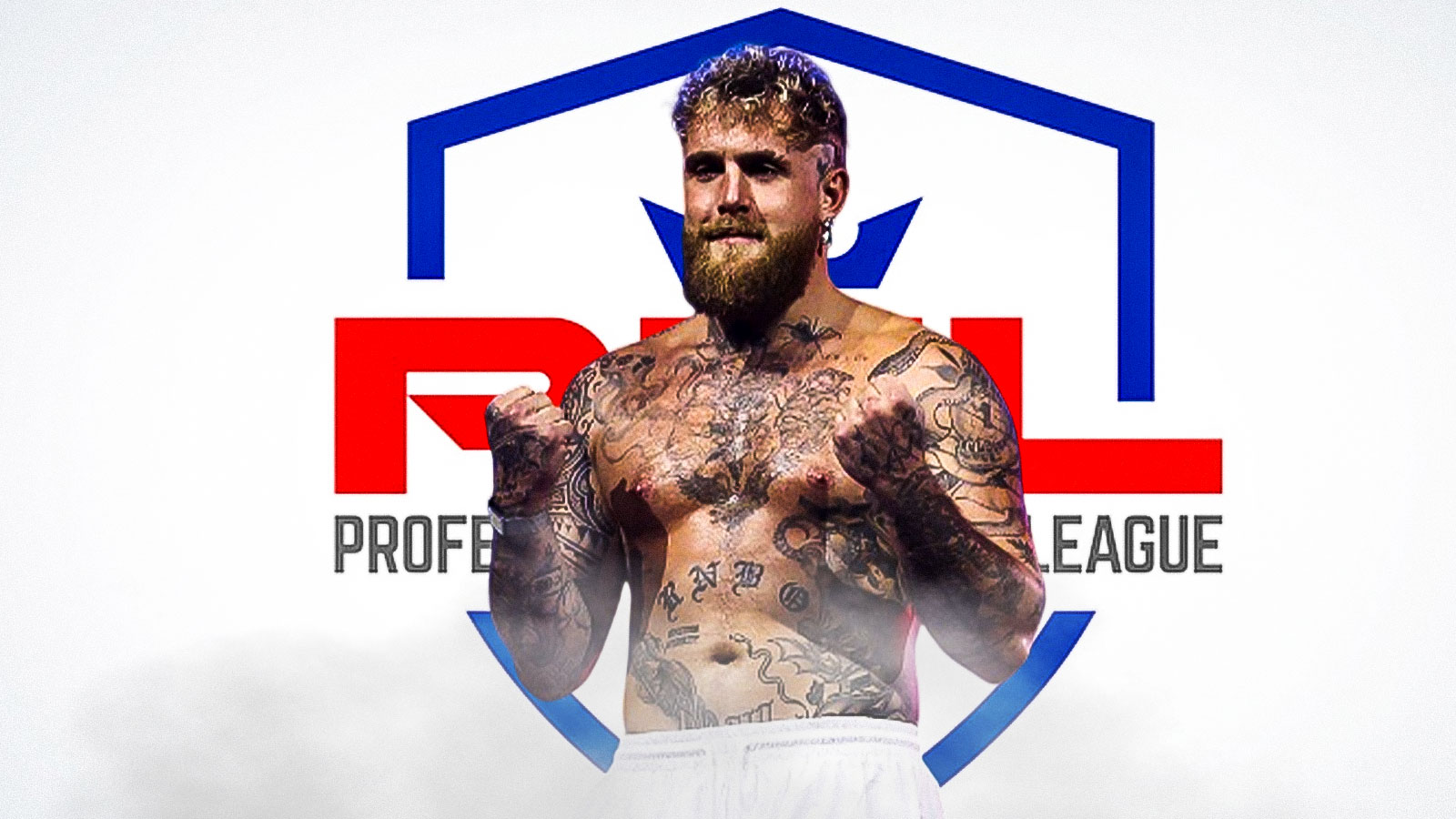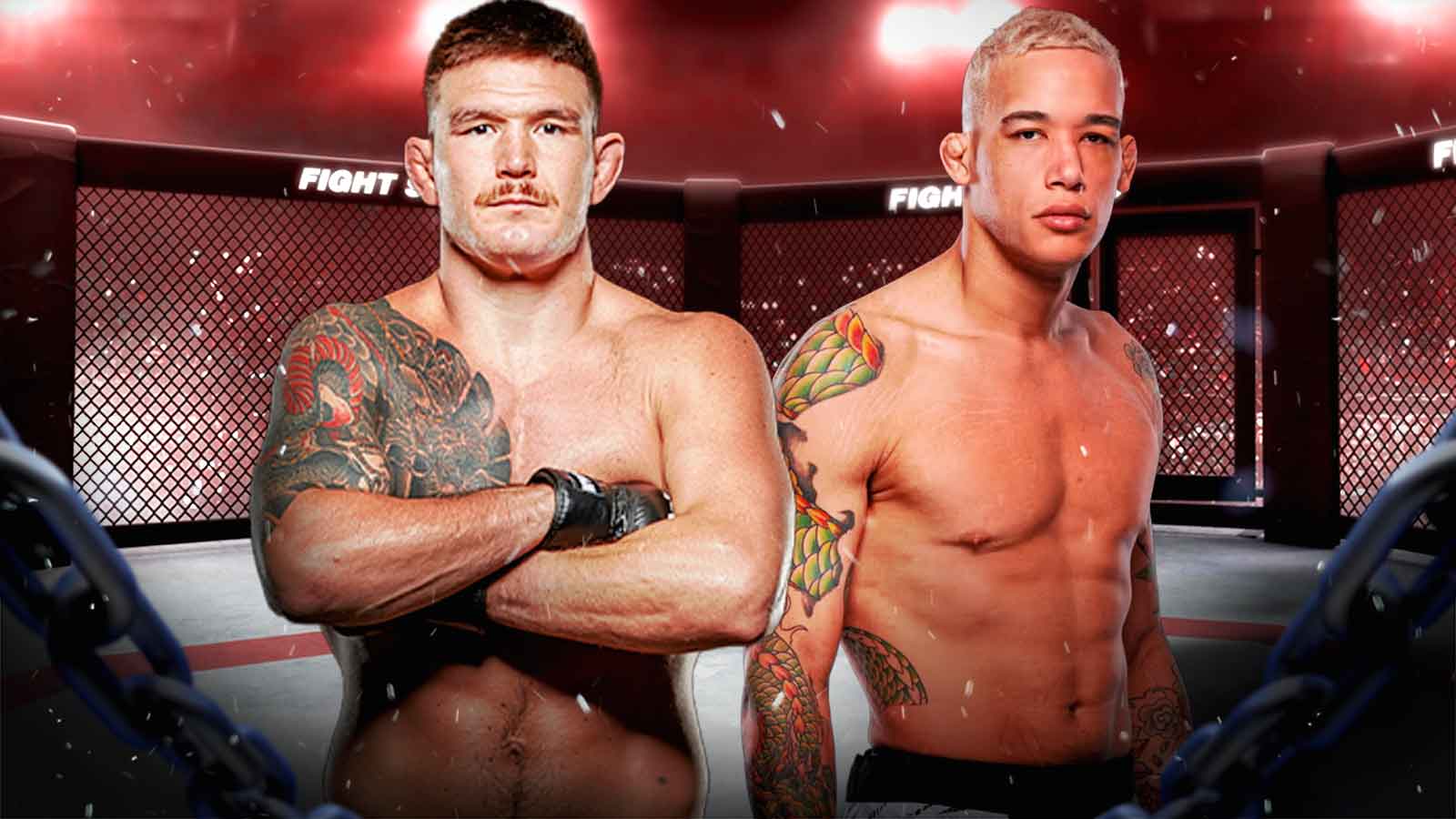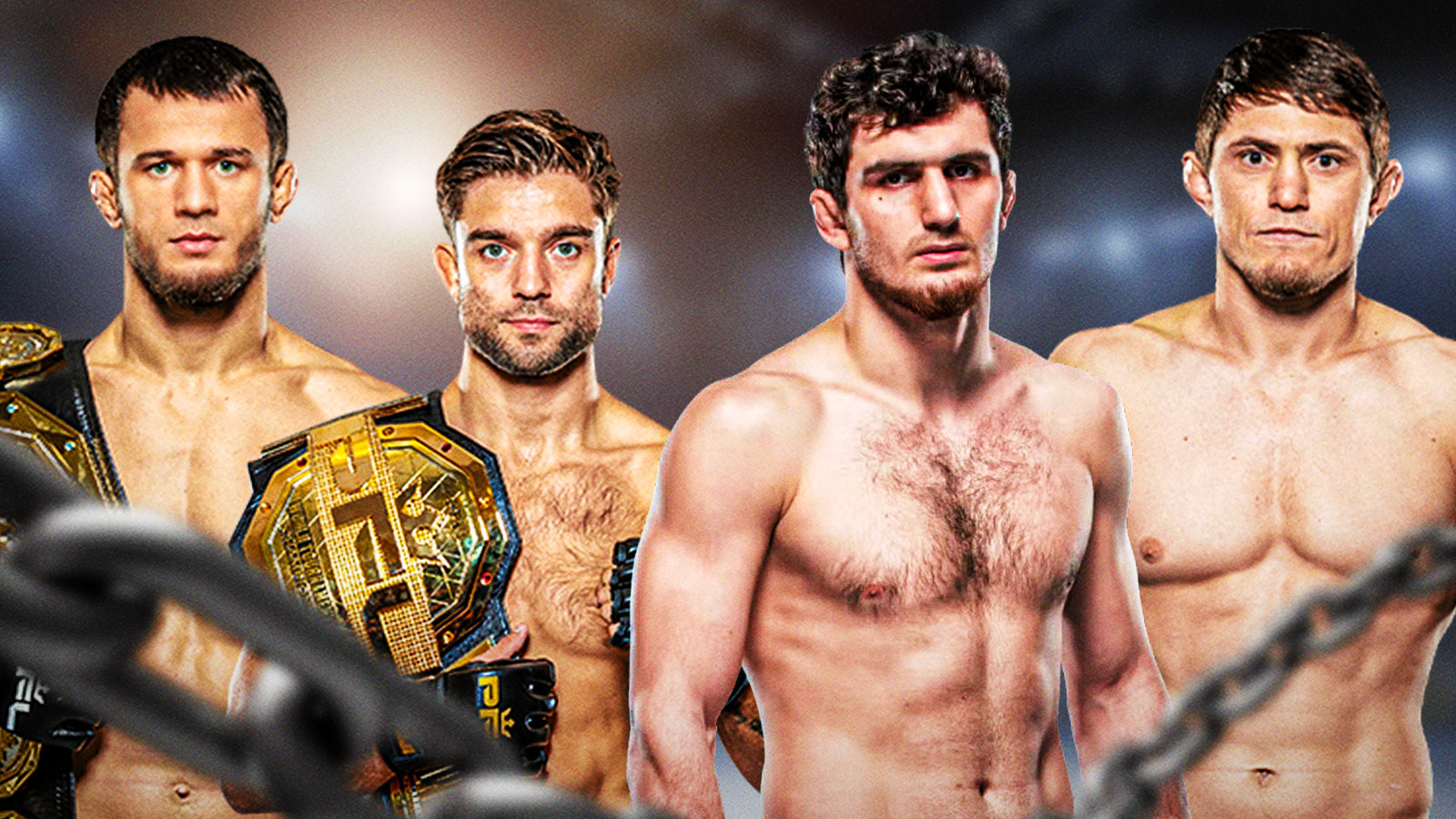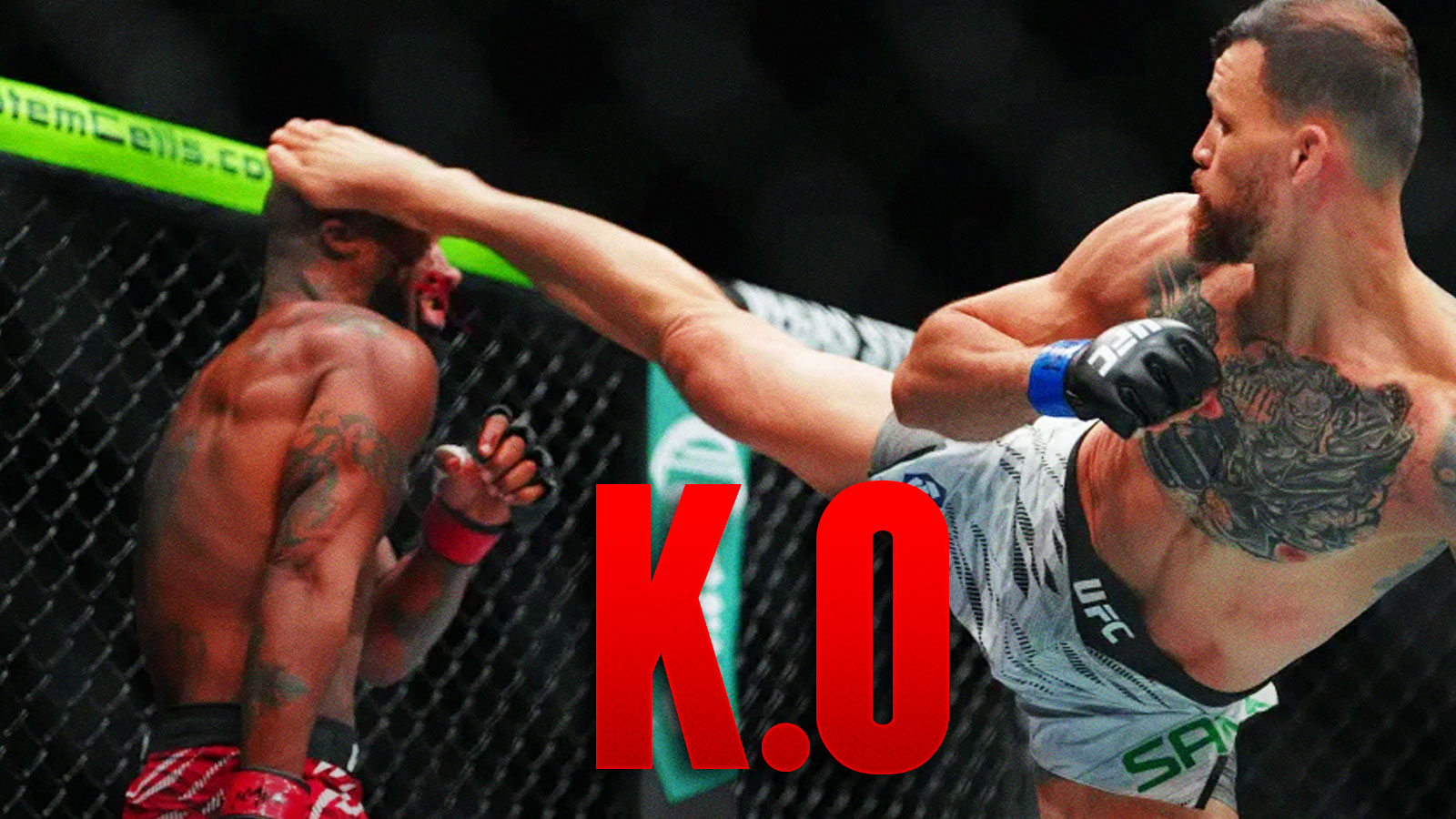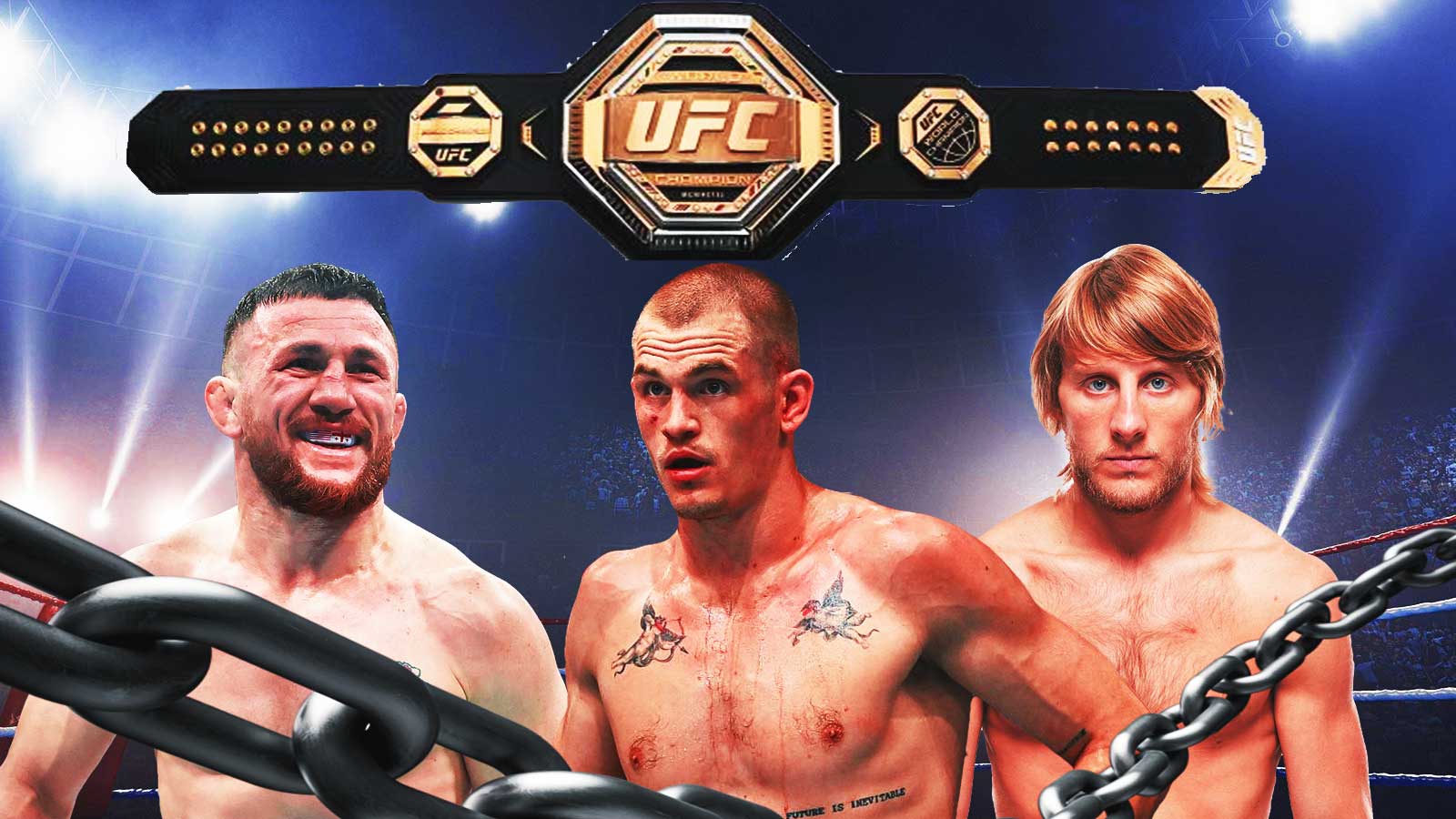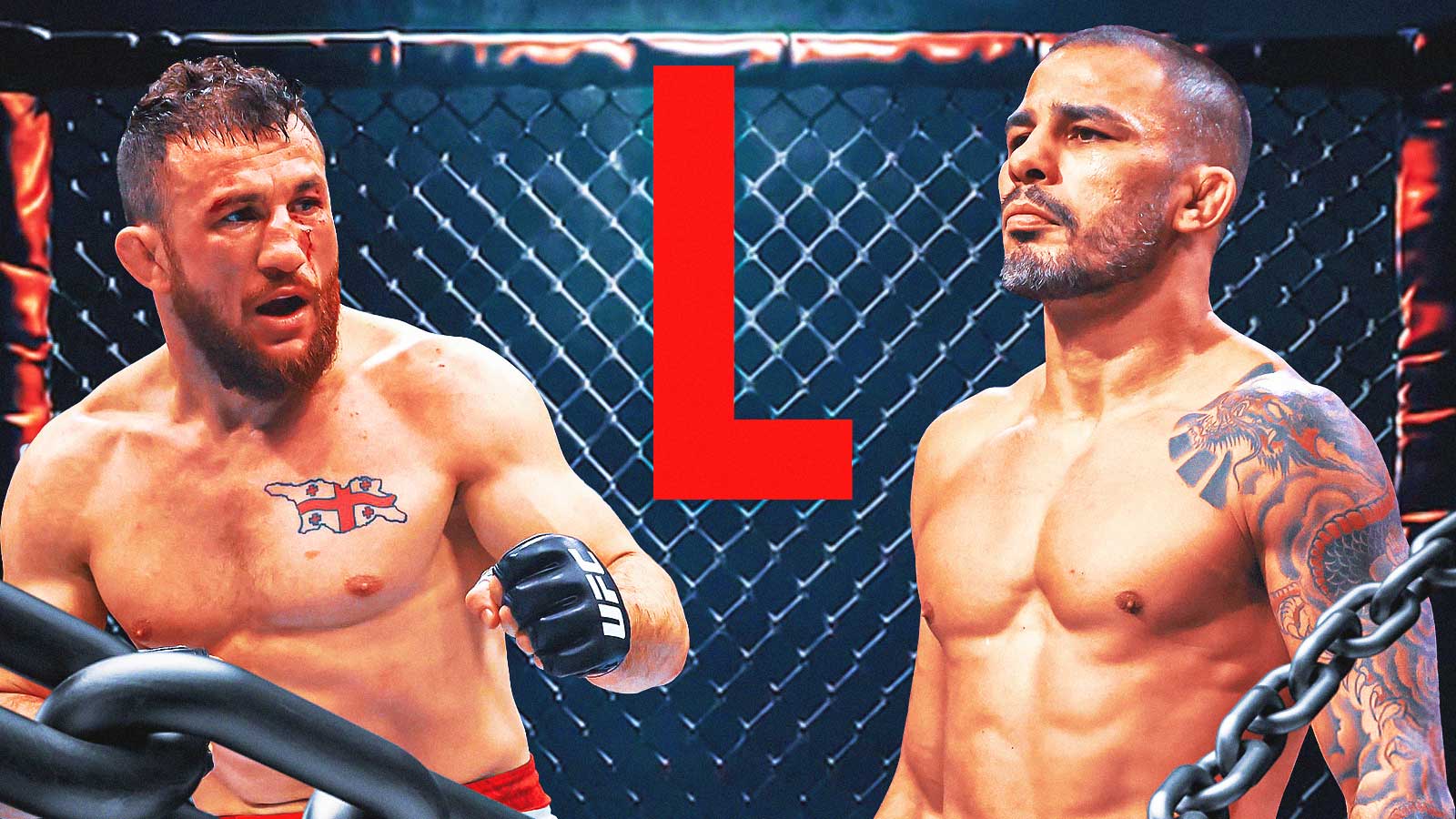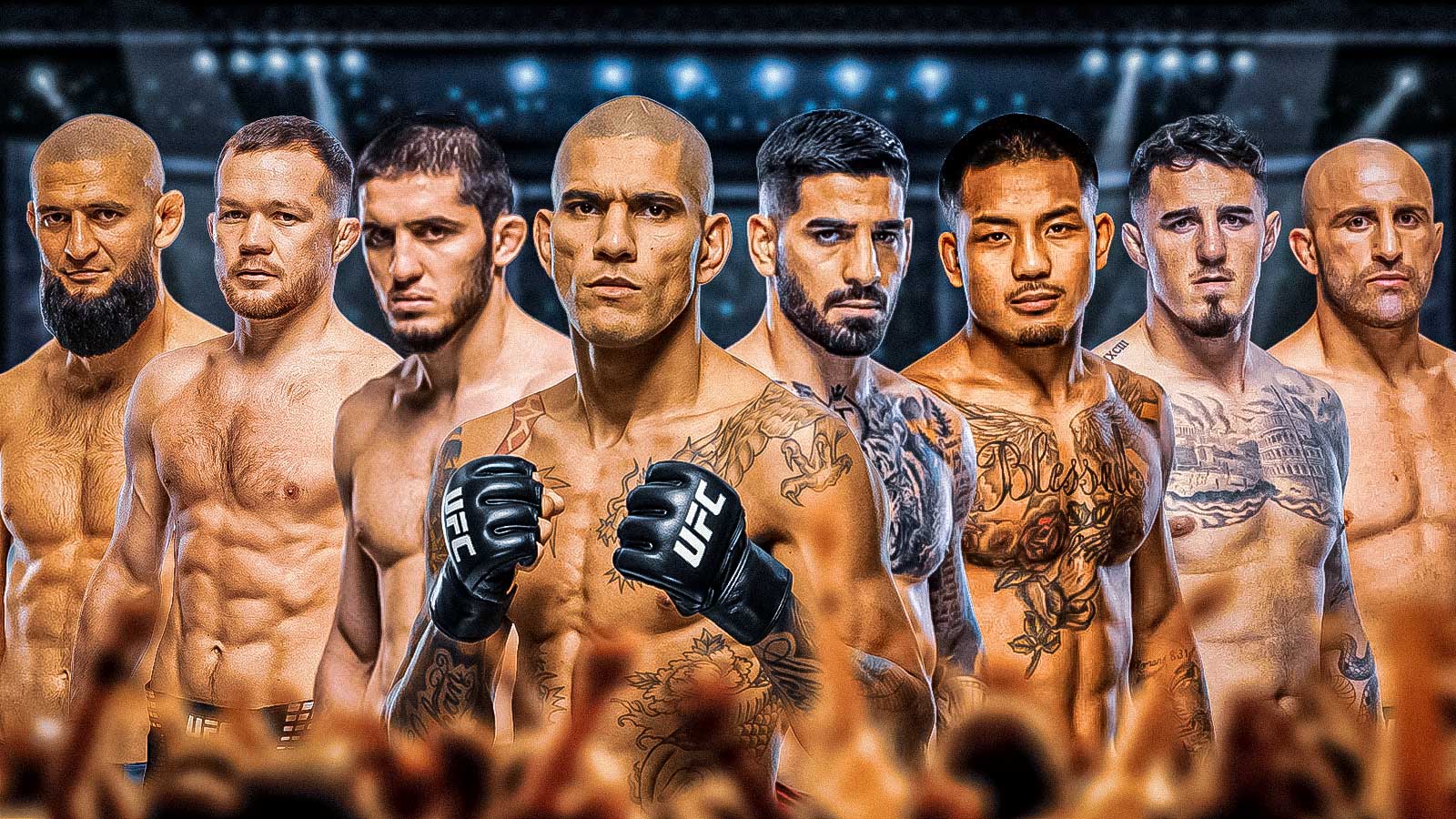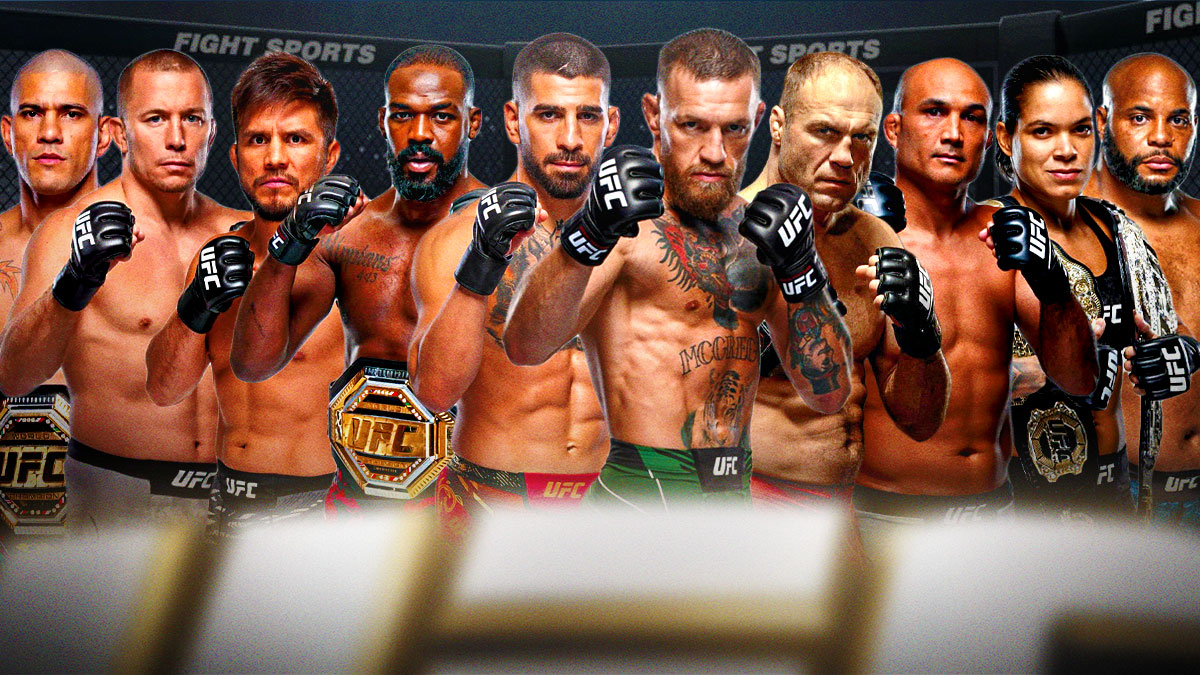On Friday evening, the professional wrestling world learned of the loss of Antonio Inoki, the wrestler-turned-promoter-turned-politician who founded New Japan Pro Wrestling and notoriously fought Muhammad Ali at Budokan Hall in 1976. Whether working in NJPW, coming to America for matches in WCW, WWE, or NWA, or simply showcasing his “fighting spirit” as one of the most historically significant wrestlers – and national heroes – in Japanese sports history, Inoki sat in a truly elite echelon of the professional wrestling world regardless of country of origin alongside the likes of Vince McMahon and Antonio Peña Lucha Libre AAA.
On Wrestling Observer Radio, Dave Meltzer attempted to explain who Inoki was and what he meant to the professional wrestling world, and yet, even after 23 minutes of talking, he, by his own admission, barely cracked the surface of one of the most interesting men in sports history. Check out an excerpt of Meltzer's conversation with co-host Garrett Gonzales below.
I don't know where to start with Antonio Inoki. I mean, it's just, he may be, when it comes to pro wrestling and MMA, one of the most influential people who ever lived, and certainly modern. I mean, when it comes to Japanese wrestling, Ricky Dozan will always be the biggest Japanese professional wrestling start, and Inoki will always be the second-biggest Japanese professional wrestling star. He started his own company, which is New Japan Pro Wrestling, one of the longest-running and most endearing companies in the history of the business, and had a match with Muhammad Ali, and all kinds of famous professional wrestling matches with everyone from Dorry Funk Jr., to Billy Robinson, to Johnny Valentine, to the martial arts matches with Willem Ruska and Leon Spinks, which was not one of his high points. But he was very, very influential in the birth of MMA in Japan and the heyday of Pride, and broke off with his own group that led to a scandal that led to threats that pretty much killed Pride because it exposed the mafia influence in Pride. I mean, there's just so much, I mean, he nearly killed New Japan Pro Wrestling but is also the one who built it. I mean he was a much bigger star in his country than Hogan was in this country. Not bigger than Dwayne because he's a movie star, but that would be the comparison, he would be Hogan but to a far bigger degree.
According to Cagematch, Inoki wrestled over 3,600 matches, won 23 titles, and most importantly of all, took the ring against some of the best wrestlers – in NJPW and otherwise – that the 20th century had to offer, and yet, as the accolades rolled in, one part of his legacy sits above the rest: Muhammad Ali. Why has this event single-handedly defined the legacy of one of the most important performers in professional wrestling history, professional MMA history, and the history of Japanese politics too? One word: Spectacle.
Inoki's match with Ali defined MMA's future in Japan.
So how did Muhamad Ali end up in Japan for a 15-round hybrid wrestling/boxing match with a professional wrestler? “Six million dollars, that's why,” Ali told the assembled media, according to The Guardian.
You see, Ali was planning on retiring at the end of 1976, and his match with Inoki was going to serve as a massive payday before he rode off into the sunset. Though he initially believed the match to be nothing but an exhibition, with the duo “practicing” to form some chemistry worthy of the spectacle, Inoki shot that idea down, claiming that he wanted a real, genuine, “shoot” fight between himself and the biggest boxer of all time. That, he figured, is what fans bought tickets to see at Budokan Hall, that is what the fans watching at home around the world wanted to see, and that, he hoped, is what he planned on delivering.
Unfortunately, what isn't as fondly remembered is what actually transpired in the ring, as over the 15 rounds of the event, Ali only threw six punches, Inoki played a cat and mouse game that rarely resulted in interesting maneuvers, and in the end, the match was ruled a draw as fans threw garbage into the ring in disgust. And yet, historically speaking, that hasn't seemed to matter one bit. No, Inoki's fight with Ali brought one of the biggest stars in sports history to Japan, put himself on equal footing with “The Greatest,” and help a great deal in bringing MMA-style fights to the island nation over the forthcoming years. Though fans may not have lived it at the time, the bout served as an inflection point in Japanese sporting history and that, folks, is why it's a defining part of his legacy.









